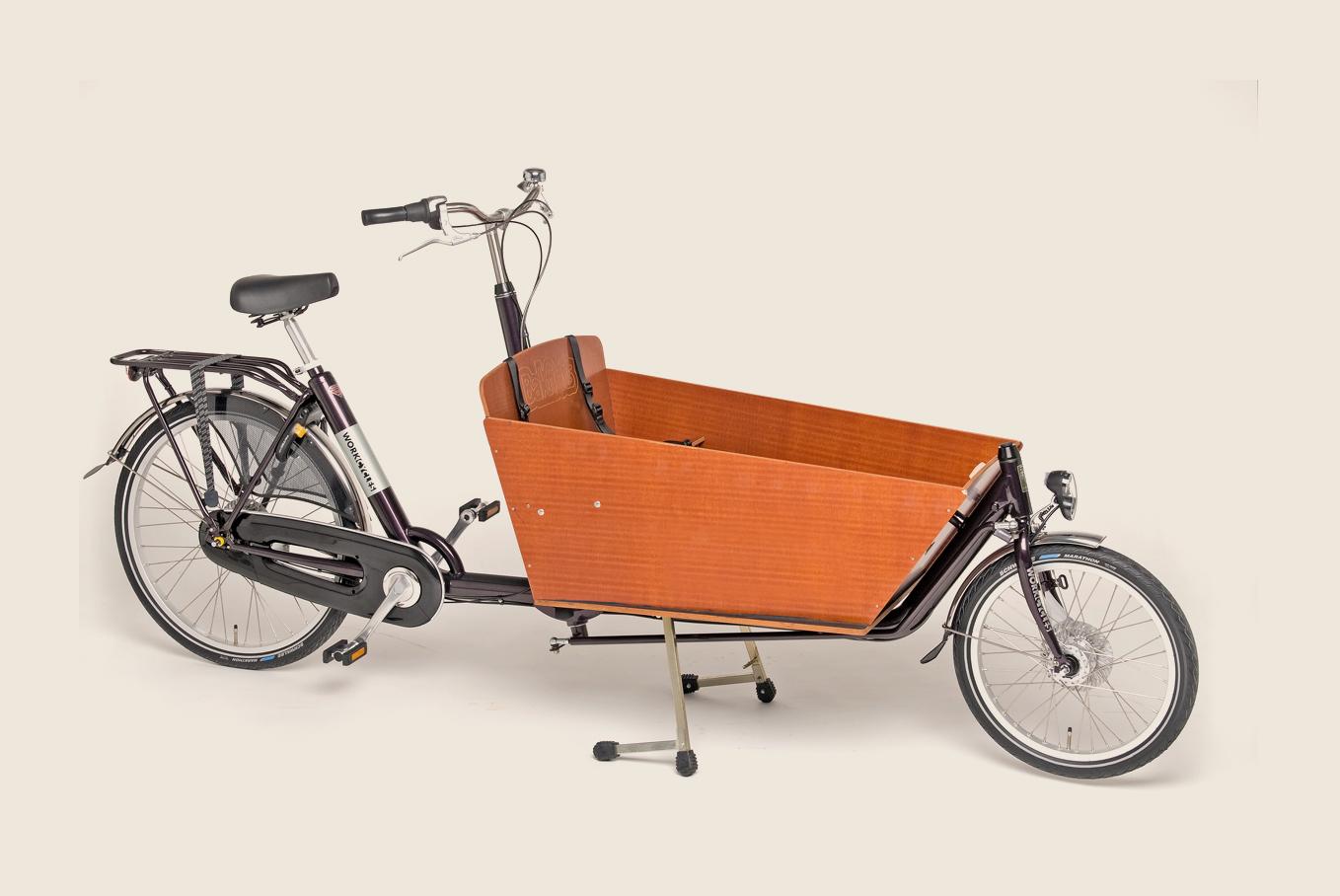The other thing to keep in mind is that a new bike purchased at the local bike shop likely has a bunch of added value that doesn't come with a used or lightly-used bike. Yes, the used bike is cheaper, but like a buying a used car, no warranty, no service plan, no support from the dealer, and lord-even-knows what sort of gorilla "worked" on the bike in the past.
The $99 or $149 department store bikes aren't even the equivalent of a Kia or similar. They probably aren't even the equivalent of a Geely or similar. They are like a three-wheeled Zap or a golf cart or something like that. They are assembled by "technicians" with no training, barely adequate tools, and little supervision. They work OK if you only use them on occasional sunny weekends around your neighborhood, but if you plan on using it daily or putting any real miles on it, or carrying any sort of load on it, it just won't cut it. I'm not saying that somebody shouldn't buy a department store bike if it works for their purposes. I am saying that a dependable, reliable, utilitarian, and decent quality bicycle for daily use is going to cost you about $450 and up, and that spending $750 or so buys more than twice what $450 buys you in the new market. $450 buys you a base-model Kia. $750 buys you a well-equipped V6 Camry. $1100 buys you a Mustang or WRX, and $1900 buys you a Porsche/Corvette with performance options. You can spend $5000+ on a Ferrari with custom upholstery or a Pagani or similar if you want, but the sweet spot for new bike value really is the in $750-2000 range.
I can't speak for all LBS, but the shop where I work gives you a bunch of stuff with the purchase of bike; lifetime free basic adjustments, discount on parts and accessories, free installation of accessories, free fitting on the bike, with stem swap at no addtional charge, complimentary comprehensive initial service, considerable discounts on any parts swaps or upgrades at the time of purchase, and discounts on future comprehensive service, as well as stellar warranty support. Our mechanics all have a minimum of five years of industry experience, and most of them have 10-15 years experience.
Just like used cars, if you know what you are looking for and can sort the wheat from the chaff, and do your own work, and don't mind a project that needs some work, you can save a big chunk by buying used. Most people buying cars can't. If you are reading GRM, you probably can.
Most people buying bikes also can't. If you are reading GRM, you probably can, but the bulk of our customers in the bike industry aren't really DIY. Sure, it might cost more for the initial purchase, but for the non-mechanically-saavy newb the long-term costs aren't any more and may be less buying new at a shop.
Sorry for the long-winded post, but as someone with a career in the bike industry, this topic gets me riled up. 








































